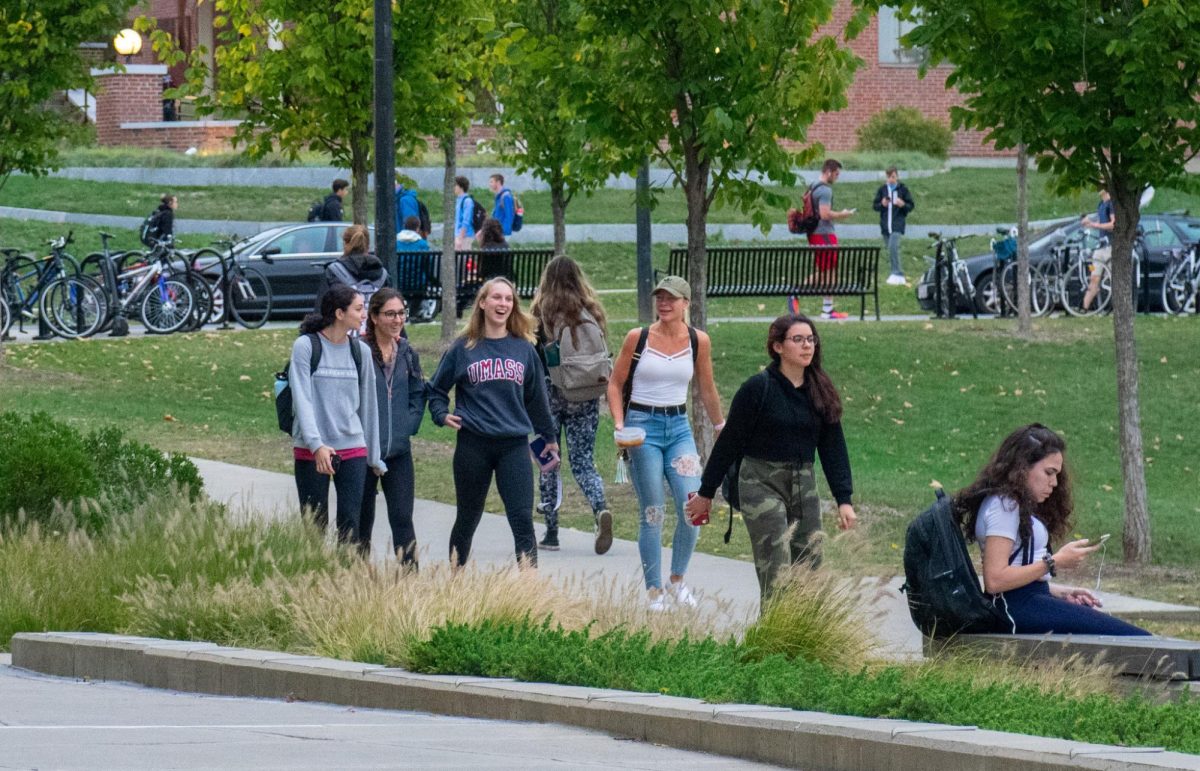
to Valentine’s Day 2011 ♥
With the large amount of steroids and supplements on the market today, more and more people are looking towards aphrodisiacs to help increase their sexual appetites. If you’re looking to get all hot and bothered this Valentine’s Day, some aphrodisiacs that might drive you wild might not be so far away.
An aphrodisiac is defined as a chemical or natural element that stimulates sexual desire and attraction. Though natural herbs have been in place for thousands of years and, chemicals are becoming more and more common, nothing works all the time.
Chris Kilham, an expert on aphrodisiacs known as the Medicine Hunter, and a professor and botanist at the University of Massachusetts, explains how herbs and natural substances are much safer to use as aphrodisiacs than engineered drugs.
“Steroids and hormones can have a lot of danger once you start messing around with the hormonal systems in the body,” said Kilham. “Steroids have strong sexual effects but can also cause liver damage, among other things that can go wrong. There is a sharp line between hormones and herbs.”
In 2004, Kilham published the book “Hot Plants,” in which he discusses not only the sexual effects of various herbs, but also touches upon how many aphrodisiacs have positive general health benefits. Kilham dedicates a chapter to the Rhodiola Rose, a plant that promotes energy and stamina and expels fatigue.
“My opinion is college students don’t need aphrodisiacs to help them sexually because they are revved up enough as it is,” he said. “The Rhodiola Rose will give you more energy and more clarity, which can obviously be beneficial in a college setting, but college students probably don’t need to increase their sexual desire.”
There are some strange claims about what works as an aphrodisiac, which Kilham explains can be scientifically dispelled.
“There is no scientific evidence that pineapple or green M&M’s will turn you on, but the brain is the greatest sex organ,” said Kilham. “What you believe turns you on will turn you on, but no scientific study will ever suggest what you feel is right or wrong. The human imagination is very powerful, people get turned on by different smells, tastes, outfits; whatever turns you on can be an aphrodisiac.”
“Interestingly enough, you’ll see epimeidum, commonly called ‘horny goat weed’ around plant pots in town,” explained Kilham in regards to how easy these aphrodisiacs are to find. Horny goat weed is a heart shaped green leaf that restores the sexual desire, dissipates fatigue, and to boost libido.
Kilham further explained that gingko, one of the latest substances to be called a wonder drug by the media, can also be used as an aphrodisiac. “Ginkgo increases circulation in the fine blood vessels in the body, and is therefore a sex enhancer. This herb is growing just outside windows of some of the classes at school,” said Kilham.
When asked what the most common aphrodisiac was, Kilham pointed to a common household food product. “The love drug, or chocolate, reproduces brain chemistry of falling in love, which could be a potentially potent thing,” said Kilham. Chocolate contains trytophan, which helps build up serotonin in the brain that signals sexual arousal. It also contains phenylthylamine, a stimulant that works hand in hand with amphetamine, both of which are released when people fall in love.
“The darker the chocolate, the better, and the more cocoa the better,” Kilham said.
Chocolate works close to home for Kilham. “Chris always says ‘chocolate just may be the most healthy thing you can put in your mouth,’” said Zoe Helene, Kilham’s wife. “He also frequently tells me that ‘Just because you don’t need it, doesn’t mean you won’t enjoy it.’”
Whether you’re turned on by tastes, sights or smells, natural aphrodisiacs might be the thing to try to spice up your Valentine’s Day this February.
Ashley Berger can be reached at [email protected].






